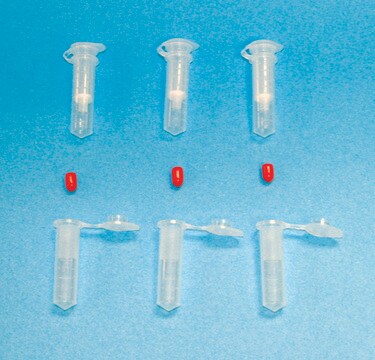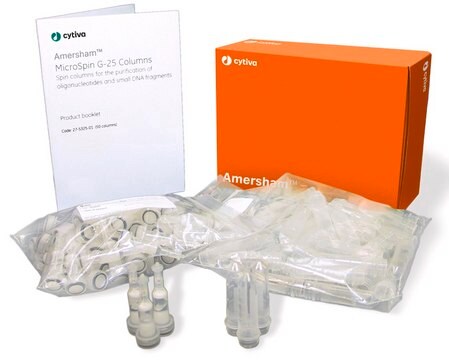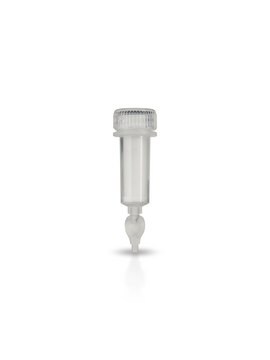Recommended Products
form
suspension
Quality Level
shelf life
2 yr at −20‑0 °C
pH
~5
capacity
≥2 μmol/mL, gel (phosphopeptide)(following a 30 minute incubation at 25°C)
storage temp.
−20°C
General description
Application
- affinity enrichment of phosphopeptides obtained from protein tryptic digests
- direct transfer of phosphocompounds for analysis (HPLC or mass spectrometry)
- enrichment of phosphopeptides by immobilized metal affinity chromatography (IMAC)
Other Notes
Physical form
Legal Information
Storage Class
10 - Combustible liquids
wgk_germany
WGK 3
flash_point_f
Not applicable
flash_point_c
Not applicable
ppe
Eyeshields, Gloves, multi-purpose combination respirator cartridge (US)
Choose from one of the most recent versions:
Already Own This Product?
Find documentation for the products that you have recently purchased in the Document Library.
Articles
Post-translational modifications such as glycosylation, phosphorylation, and sulfation, to name a few, serve many functions. As a result, the analysis of proteins and their post-translational modifications is particularly important for the study of diseases where multiple genes are known to be involved, such as heart disease, cancer and diabetes.
Our team of scientists has experience in all areas of research including Life Science, Material Science, Chemical Synthesis, Chromatography, Analytical and many others.
Contact Technical Service








